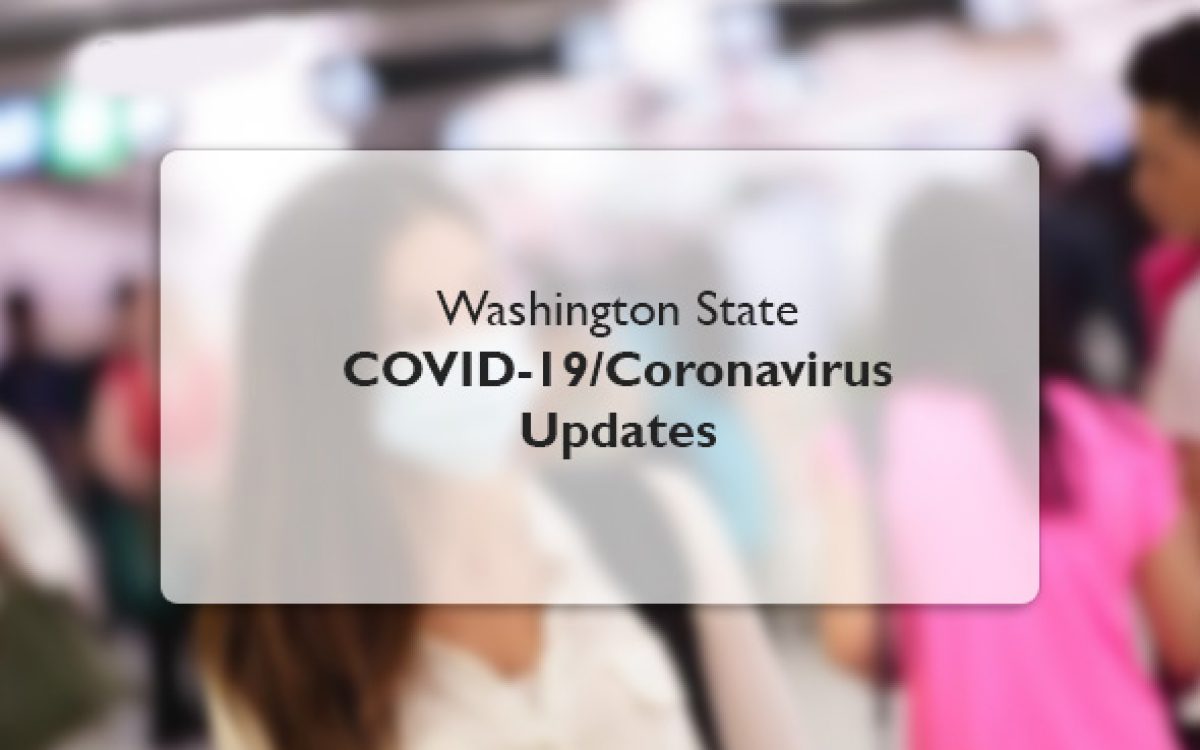Washington state has been particularly hard hit by COVID-19/coronavirus. On March 16, 2020, Governor Jay Inslee issued a promised Proclamation that includes new requirements for retail establishments to remain open, and he also issued a second Proclamation that further limited the size of public gatherings to 50. Employers obviously have many questions, and we have provided some of the most common (with answers) below:
1. Do food service, recreational, and entertainment businesses in Washington state really have to close?
Yes, from midnight March 16, 2020 until March 31, 2020, unless extended. The Proclamation specifically prohibits “on site consumption,” yet does allow restaurants and food service to remain open for drive-through, takeout, and delivery. Specifically, the Proclamation covers Restaurants; Food courts; Bars; Taverns; Coffee shops; Catered events; Clubs; Bowling alleys; and all other similar venues in which people congregate for the consumption of food or beverages.
2. Do Retail Businesses Have to Close?
Possibly. To remain open, a retail establishment must “designate an employee or officer who must establish and implement social distancing and sanitation measures established by the United States CDC or the Washington State Department of Health guidelines.” This prohibition will remain in effect until midnight on March 31, 2020, unless extended beyond that date. “Retail establishment” is not defined in the Proclamation, but it is likely to mean a wide range of retailers.
3. What About Other Types of Businesses?
If your business is not covered by the categories above, it probably does not need to close at this time. The ban does not apply to pharmacies, gas stations, convenience stores, and grocery stores, although it would apply to areas in any of those venues that allow for sit down food or beverage consumption.
4. If I have to close my business or institute layoffs, will my affected employees be able to seek unemployment?
Yes, although the first step is to analyze your obligations regarding the Paid Sick and Safe Leave Law (“PSSL”). The next step is to provide your workers with information regarding Employment Security Department (ESD) programs. ESD has extended several programs to help both part-time and full-time employees, including SharedWork, Partial Employment and Standby. Employers must apply for the first two programs. Employers also must request Standby status in response to an employee’s unemployment application.
ESD has issued emergency rules to assist affected employees during the COVID-19 pandemic, and this webpage is a good starting point for businesses needing more information about these programs. One of the emergency rules extends benefits to part-time workers. Regardless if one of the programs apply, all employees must still serve a “waiting week,” that is, the first week in which they otherwise qualify for unemployment compensation but do not receive benefits.
5. What is ESD’s Standby program?
This is a category of layoff defined by ESD. Generally, it allows employers to request to place an employee on Standby for up to eight weeks and the employee can collect unemployment benefits without having to look for other work. While on standby, workers must accept any work you offer that they can do without breaking isolation or quarantine.
6. Our business is closing temporarily. Can we require our employees to use their PTO or vacation before applying for unemployment?
The short answer — it depends:
- If you are shutting down due to the Proclamation, then you must allow employees to use PSSL. However, using PSSL is the employee’s choice, and you cannot require they use it.
- If you offer a combined, universal PTO policy that includes both vacation and meets your PSSL obligations, the answer will largely depend on your policy. Generally, if your PTO bank can be used for either vacation or PSSL, then employees have the right to use it, but you cannot require its use.
- If your vacation benefits are wholly separate from your policy that complies with PSSL requirements, then you may be able to require their use or make these available as you choose to do so, provided this is consistent with your written policy. Your policy, especially any changes, should be clearly communicated in writing.
- You cannot require employees who are ill or have a family member who is ill and qualify for Washington’s Paid Family Medical Leave (“PFML”) to use their paid time off benefits before applying for PFML.
For additional information about Washington state restrictions or COVID-19/coronavirus resources, please check the following:
